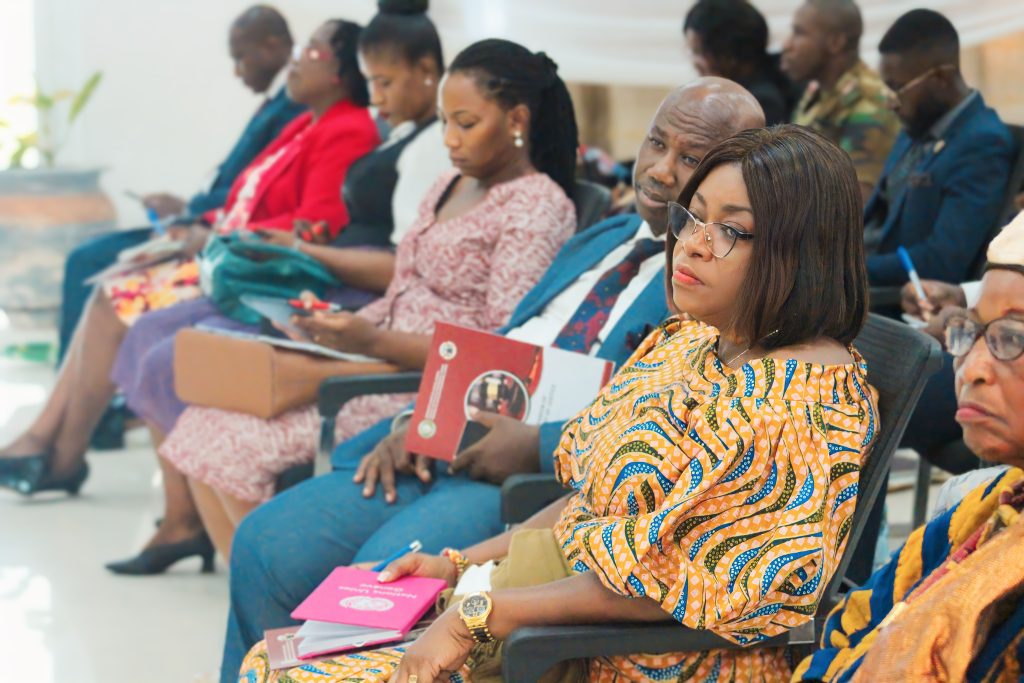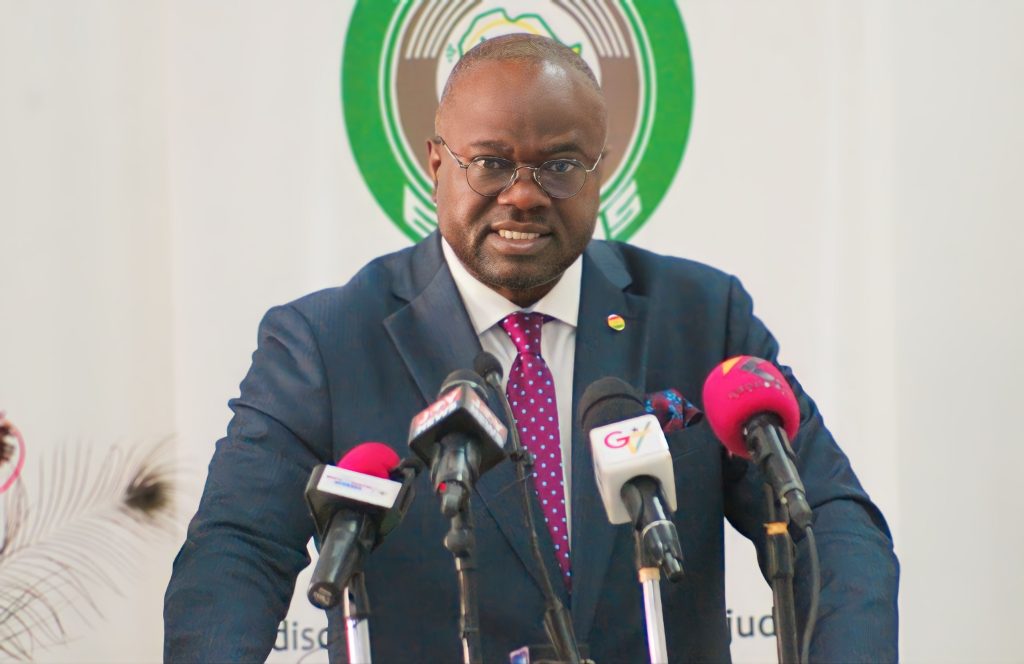By James Amoh Junior
Accra, Jan. 12, GNA – The low level of enforcement of decisions and compliance with judgement from the ECOWAS Court of Justice is affecting its effectiveness, Mr Apraku Nketia, the Head of Legal Services and Research, Community Court of Justice (CCJ) has disclosed.
He said the effectiveness of the court’s decisions depended on the commitment of member states to implement and enforce them.
Mr Nketia was speaking at a stakeholder’s town hall meeting at the Ministry of Foreign Affairs and Regional Integration on Thursday in Accra.
The mandate of the Court is to ensure the observance of law and the principles of equity in the interpretation and application of the provisions of the Revised Treaty and all other subsidiary legal instruments adopted by the Community.
The ECOWAS Court of Justice, established in 1991, stands as a cornerstone institution dedicated to upholding the rule of law, protecting human rights, and fostering regional integration across West Africa.
For over three decades, the Court has been instrumental in promoting legal harmonization, ensuring access to justice and resolving disputes among member states.
Therefore, the week-long stakeholders’ engagement served as a vital platform to bridge the gap between the Court and the citizens enabling a greater understanding of the Court’s mandate, functions and avenues for redress.

Mr Nketia said, for instance, matters brought before the court concerning stability in the West African Sub-region, human rights infringements had over time been dealt with in a manner consistent with the court’s mandate.
He said when the court gave its judgement, it was up to political leaders to implement those judgements, and without that the issues would still linger on, and the relevance of the court would not be felt in such instances.
“But if leaders are up and doing and they respect the opinions of the court, then some of the upheavals that have come up will be effectively addressed,” he said in a media interview.
Speaking on a possible amendment of the treaty to give it more powers of enforcement, Mr Nketia said it had been part of its crusade over the years despite some inevitable challenges it could come with.
He said such powers would help nip those challenges in the bud and prevent the hesitance to fully comply with the court’s decision because it went against their national interest and policies.
The Head of Legal Services and Research said the court as an institution of ECOWAS was coordinated with other institutions through the ECOWAS Commission, and that early warning committees were constituted to monitor infractions of electoral laws among others in the sub-region during elections in the West Africa sub-region.
Under the Protocol for Democracy and Good Governance with protocols governing the conduct of elections, such infractions were flagged, and the people affected can go to court to remedy the situation, he said.

Mr Kwaku Ampratwum-Sarpong, Deputy Minister, Foreign Affairs and Regional Integration (Political and Economic), said the ECOWAS Court of Justice stood as a cornerstone institution with a pivotal role in upholding the rule of law, promoting human rights and fostering regional integration.
He said, over the years, Ghana had demonstrated unwavering support for the ECOWAS Court of Justice through active participation in its proceedings, adherence to its decisions and collaboration with the Court’s mechanisms.
The nation’s proactive engagement, the Deputy Minister said, exemplified its dedication to upholding the rule of law and advancing justice within the region.
“Ghana’s commitment serves as a testament to the pivotal role the Court plays in promoting legal harmonization and resolving disputes within the ECOWAS community,” he reiterated.
Mr Ampratwum-Sarpong urged participants to actively leverage the opportunity to deepen their understanding of the ECOWAS Court’s mechanisms while reaffirming their commitment to upholding the principles of justice, unity and progress within Ghana and the broader ECOWAS community.
GNA